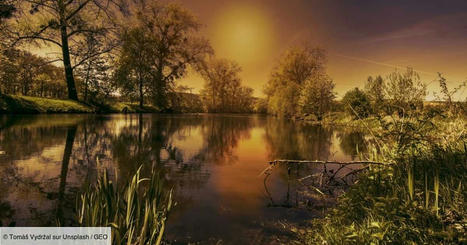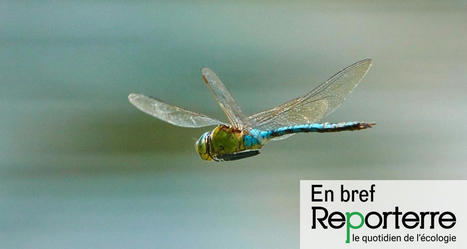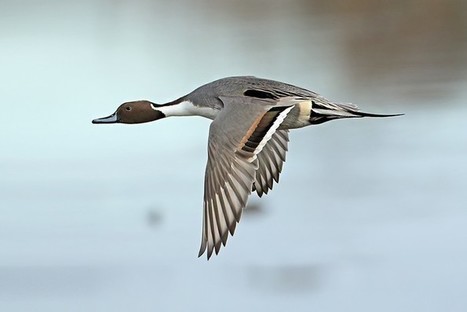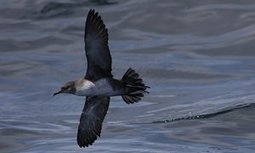A l'aide de micros, des scientifiques enregistrent les sons des écosystèmes naturels. Après les océans et les forêts, une équipe de l'université de Bristol (Royaume-Uni) a dévoilé le monde sonore mystérieux... des mares de la campagne anglaise. Un "orchestre" étonnant.
Research and publish the best content.
Get Started for FREE
Sign up with Facebook Sign up with X
I don't have a Facebook or a X account
Already have an account: Login
Revue de presse et du net par le Pôle de partage des connaissances S&T de l'Office français de la biodiversité
Curated by
DocBiodiv
 Your new post is loading... Your new post is loading...
 Your new post is loading... Your new post is loading...
|
|





















